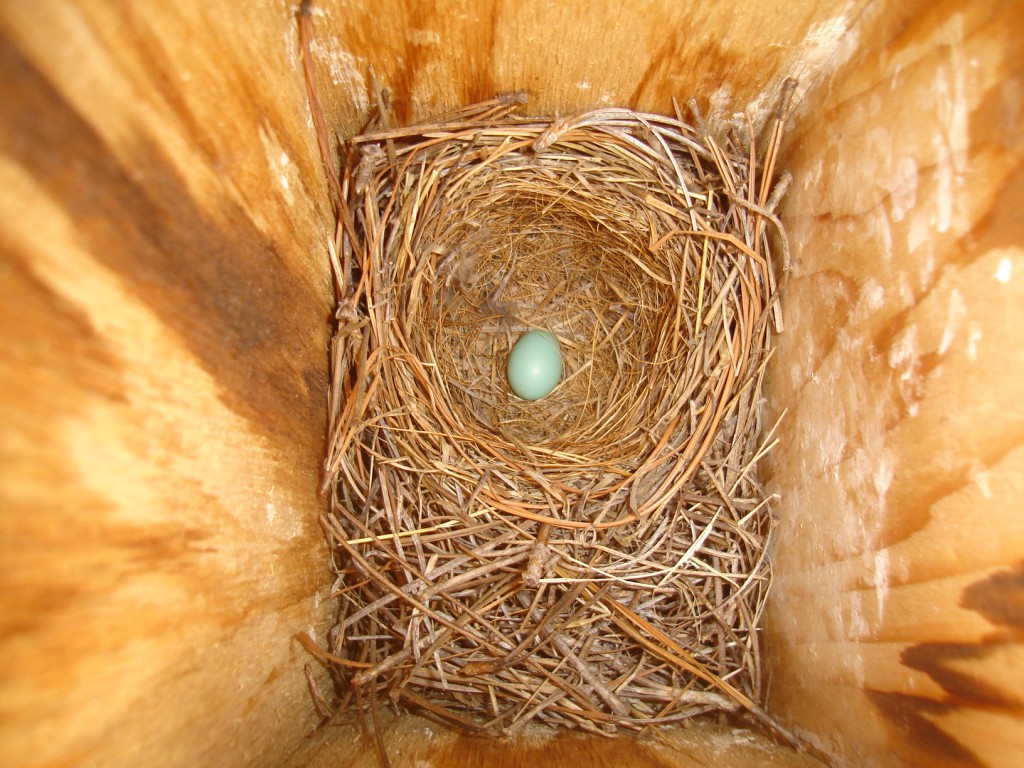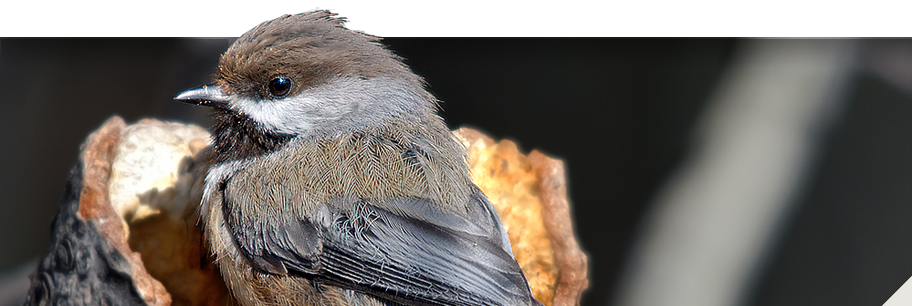 Photo ©
Carl Austin, Jr.
Photo ©
Carl Austin, Jr.
Do Birds Prefer to Lay Their First Egg on Saturdays?
Phenology is the science of when things occur, and accurate phenology data are important for understanding conservation needs, climate change, and even basic biology. For birds, timing of spring arrival or the first egg of the year can tell us if reproductive trends are changing over time. First egg date, as reported by NestWatchers, is a critically important variable in scientific analyses of the NestWatch data.
In a study by Caren Cooper, research associate at the Cornell Lab of Ornithology, an interesting finding came to light. Cooper found that 75% of attempts by cup-nesting species and 42% of attempts by box-nesting species were not visited by monitors during the egg-laying stage, resulting in a lack of information on first egg dates. Therefore, when possible, NestWatchers should try to visit the nest during the egg-laying stage. This is harder to do for species with small clutches such as hummingbirds and doves, which typically lay just two eggs. Watch for birds building nests—carrying grass, twigs, plant down, and other nesting material—and see where they go. By visiting newly-built nests every 3–4 days, you are more likely to determine first egg date for most species.
Cooper also found that nest monitors were most likely to visit nests on Saturdays and least likely to visit nests on Fridays, producing a bias in which birds appear to favor Saturday for laying their first eggs. Of course, birds do not know which day of the week it is, and we know that they are equally likely to lay an egg on Friday as they are on Saturday. Fortunately, researchers can correct for this “Saturday bias” statistically, provided the nest was checked at some point during egg-laying.
To address this bias, we’ve added a check-box in data entry that asks if the nest was visited during the egg-laying period (note: the question does not refer to whether you saw a bird laying an egg, only whether you visited during this stage of the nesting cycle). Answer the question to the best of your knowledge, and remember, answering “no” doesn’t mean we can’t use your data. The check-box will also remind you to go out and check nests when eggs are anticipated. The check-box is located under the field where “First Egg Date” is entered. (Remember, First Egg Date is when you think the first egg was laid, not when you first saw an egg.) It might seem more important to report the total clutch size, but keep in mind that when birds begin to lay can also be very informative.
 Photo ©
Photo ©